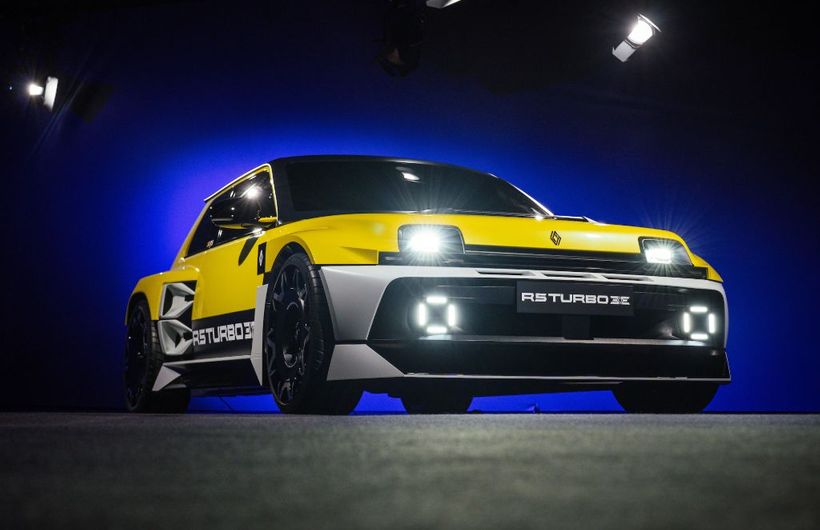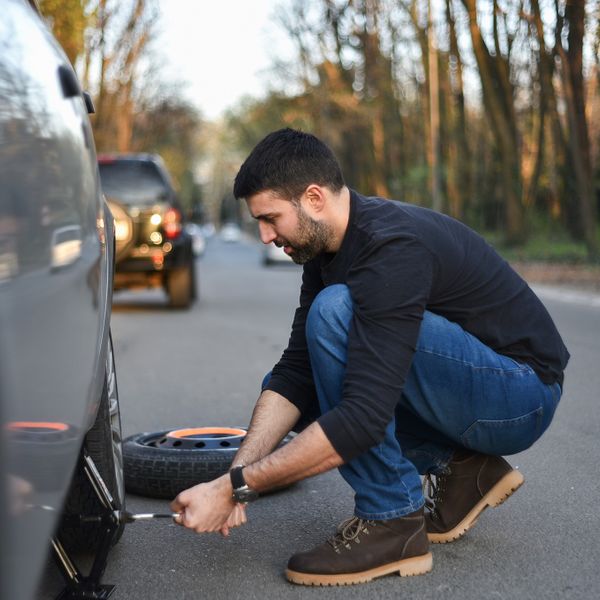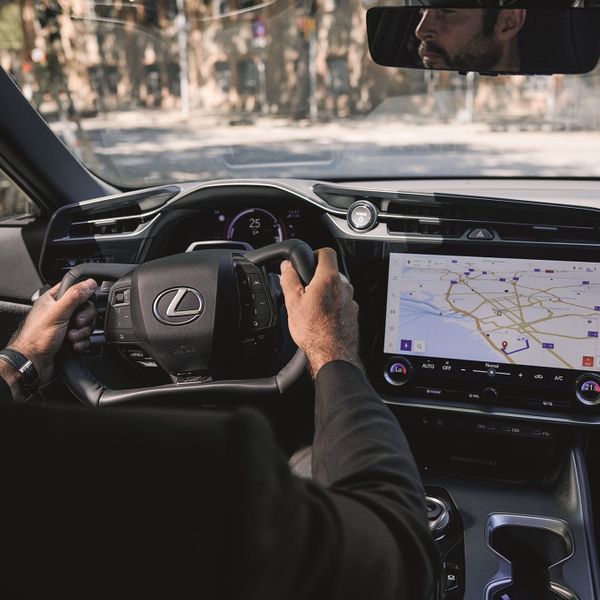Renault has brought its wildest electric retro-inspired creation yet, the all-electric Renault 5 Turbo 3E, to the Goodwood Festival of Speed and confirmed to Electrifying.com that it will be heading up the world-famous hill climb at next year’s event.
Michael Grosjean, the chief project manager for the Renault 5 Turbo 3E, acknowledged that the Festival of Speed would be the perfect event to showcase the car and said: “Next year, we might see a prototype on the hill.”
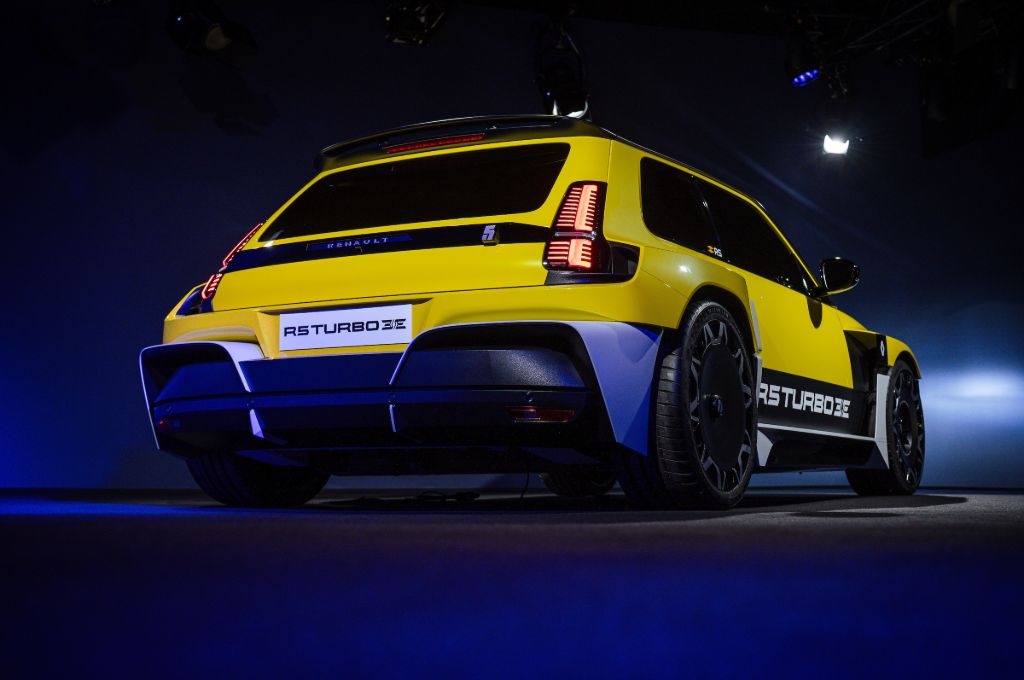
With styling and performance that pay homage to the iconic Renault 5 Turbo and tech that points to the future, this is no ordinary reboot. Grosjean also confirmed to me that UK buyers are getting in early.
Renault opened the order books just a few months ago, and already half the run is spoken for—around 1,000 reservations for a car that costs upwards of £135,000 and won’t arrive until 2027. Just 1,980 examples of the Turbo 3E will be made, a nod to the year the original Turbo debuted. Buyers can even choose their own number—though unsurprisingly, number 5 is already taken.
Between 60 and 70 of those who have signed up early are Brits, and UK buyers won’t have to cope with a left-hand-drive version, as Renault will be producing a right-hand-drive car for customers in the UK, Japan and Australia.
So who’s buying this 540bhp, rear-wheel-drive, all-electric supercar? Grosjean told me it’s die-hard enthusiasts and seasoned collectors, many of whom already own original Renault 5 Turbos and high-performance models like the Alpine A110 or a Porsche 911.
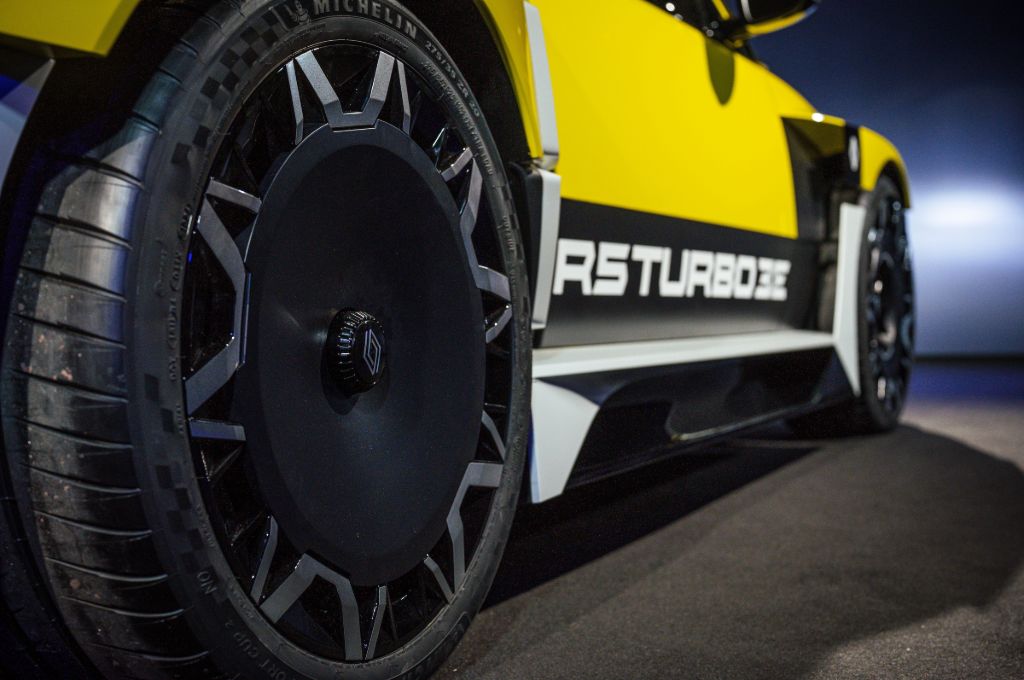
Prototypes are being built now, with road testing imminent. The aim is to showcase the car in action at events like the Goodwood Festival of Speed—possibly as soon as 2026. The first customer cars are expected to arrive in 2027, with production wrapping up by 2029. Order now, and you can expect delivery in early 2028. And yes, Renault promises full personalisation options—paint, trim, livery—all at extra cost, of course.
Renault is also using the Turbo 3E to trial innovative features like in-wheel motors. These not only save space but also enhance performance and handling—and could eventually filter down to more affordable models.
